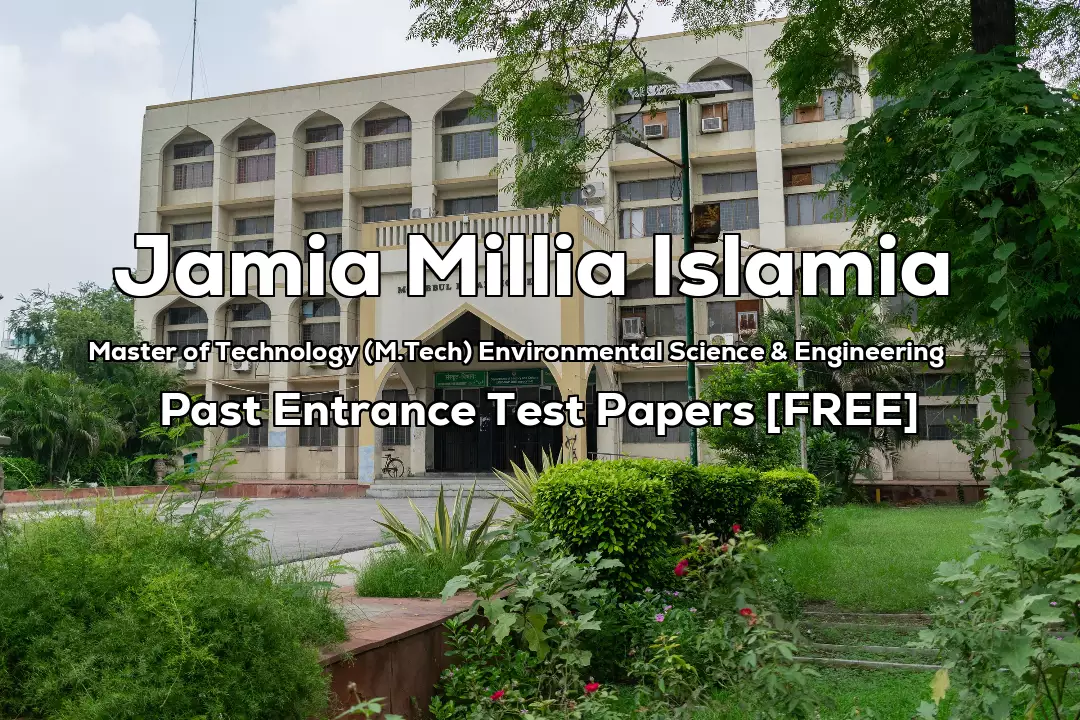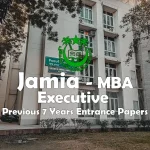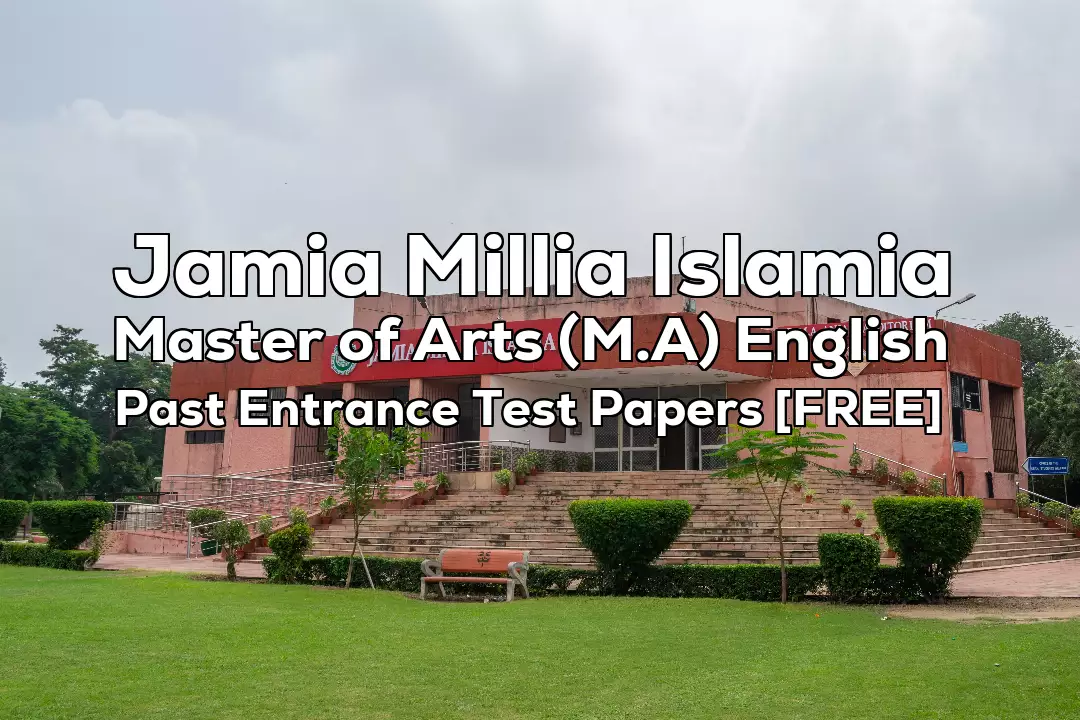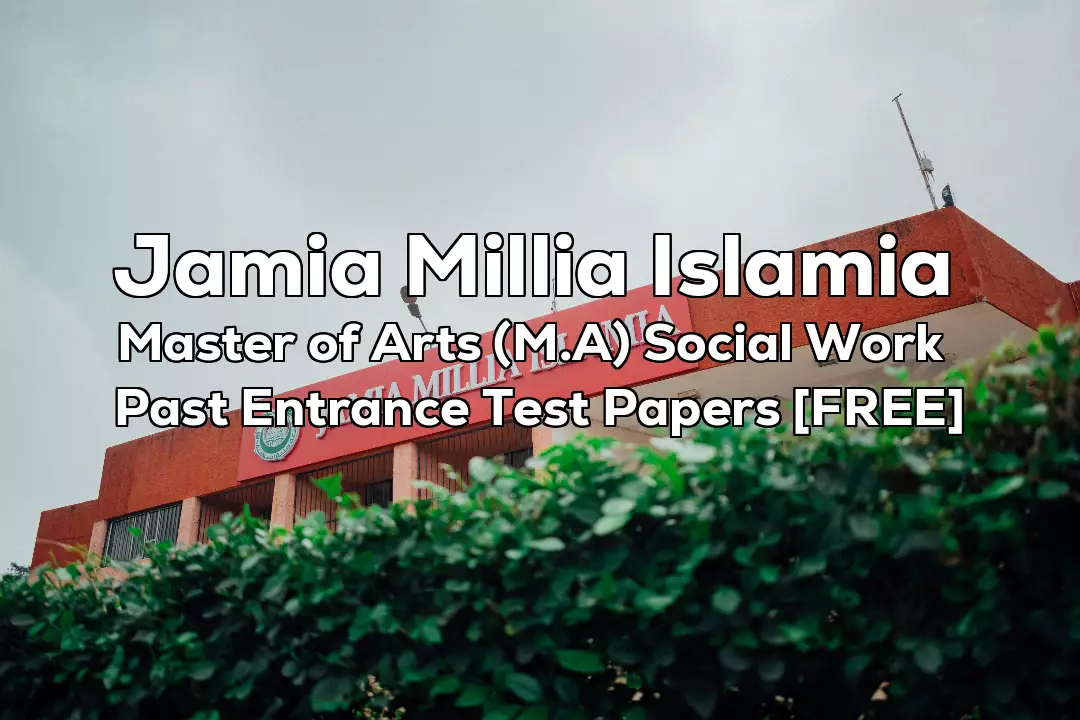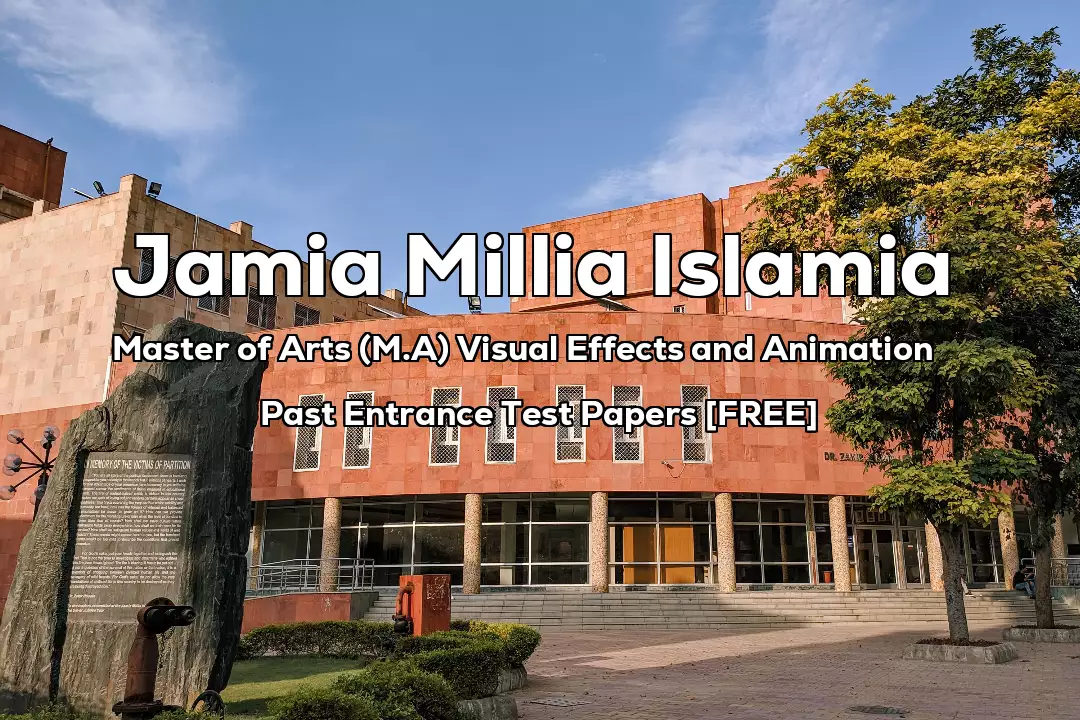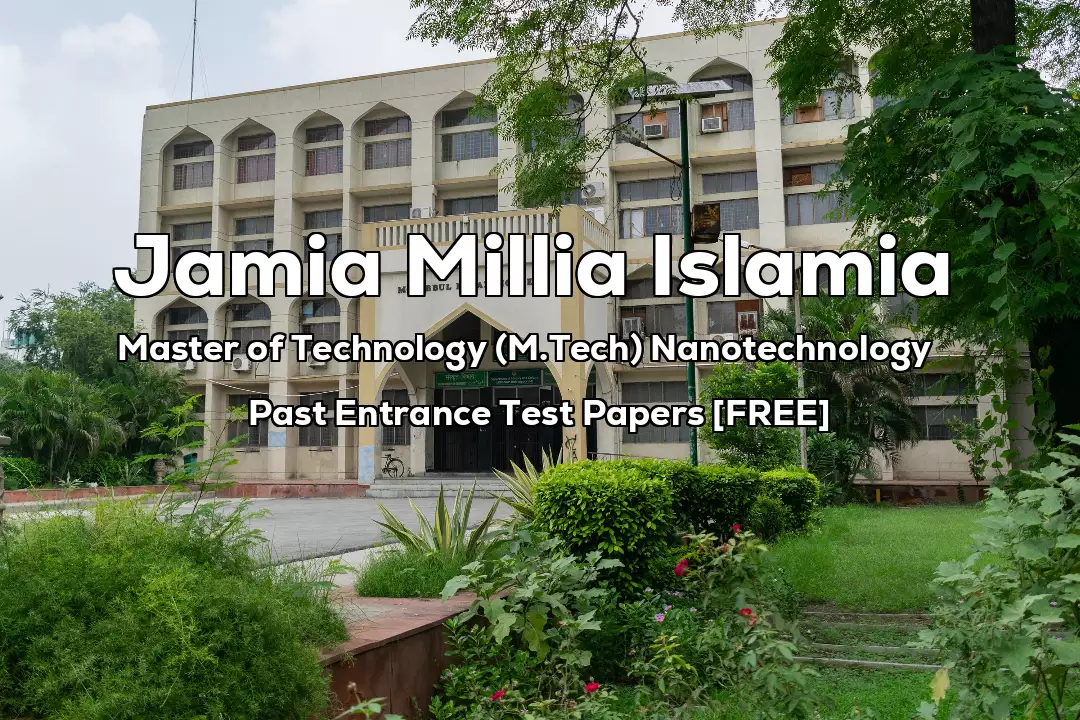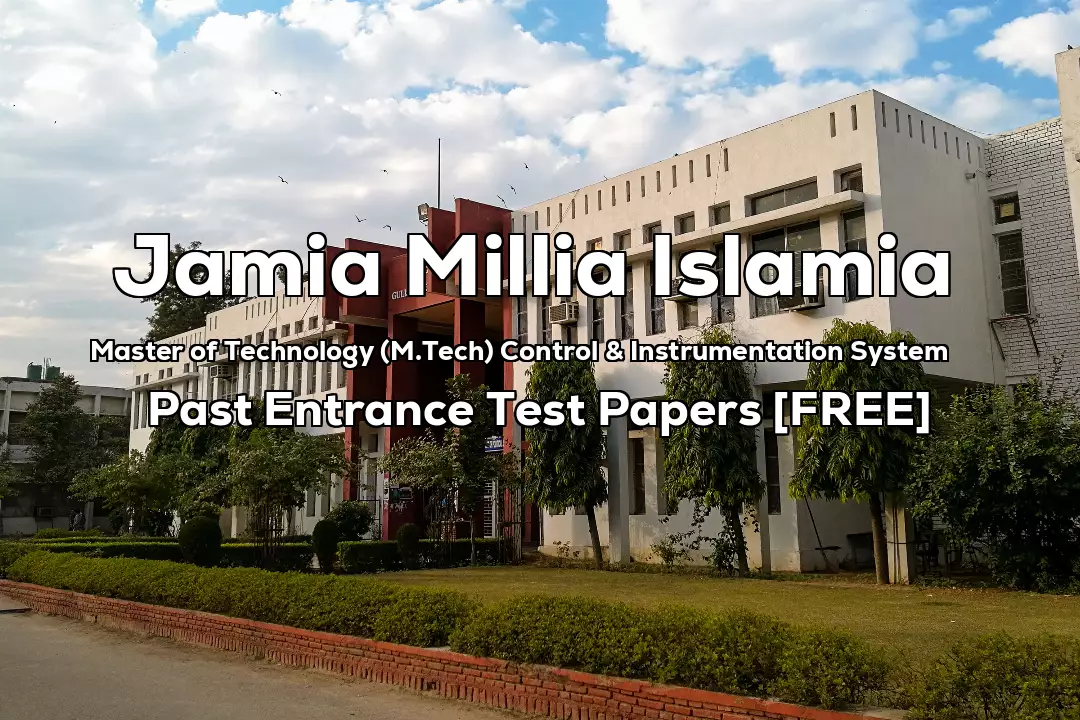Welcome to our comprehensive guide on the Jamia Millia Islamia Master of Technology (M.Tech) Environmental Science & Engineering entrance test. In this article, We will cover all the essential details about the Jamia Master of Technology (M.Tech) Environmental Science & Engineering entrance exam and provide you with tips as well as previous year entrance test question papers to help you prepare for the exam. Our aim is to help you understand the exam pattern, syllabus, and scoring system so that you can excel in the exam.
Entrance Exam Details
Maximum Marks: 100
Total Questions: 100
Time: Two Hours
Negative Marking: Yes, 0.25 marks deduction for every wrong answer.
Total Seats: 20
Course Fee: ₹15,500 per year.
Paper code: M45
Cut-Off (2022):
M.Tech.(Environmental Science & Engineering) (Regular)
M.Tech.(Environmental Science & Engineering) (Part-time)
Preparation Tips
To excel in the JMI’s Master of Technology (M.Tech) Environmental Science & Engineering entrance exam, it is essential to prepare well in advance. Here are some tips that can help you prepare effectively:
- Understand the exam pattern and syllabus thoroughly.
- Create a study plan and follow it religiously.
- Practice previous year’s question papers to get a clear understanding of the exam pattern.
- Focus on your weaknesses and work on improving them.
- Stay updated with current affairs and general knowledge.
- Practice numerical ability and data interpretation regularly.
- Join coaching classes or online courses to get expert guidance if needed.
Why aspirants should get familiar with previous year question papers when preparing for Master of Technology (M.Tech) Environmental Science & Engineering’s entrance test
Preparing for an entrance exams can be a daunting task for students. However, one effective way to increase their chances of success is by studying previous year question papers. These papers offer valuable insights into the exam structure, type of questions asked, and the level of difficulty. By studying these papers, students can identify important topics, understand question types, and prepare better. Moreover, solving previous year question papers helps students practice and improve their speed and accuracy. By timing themselves while solving these papers, they can learn to manage their time better during the actual exam. Furthermore, studying previous year question papers can boost students’ confidence and reduce exam anxiety by exposing them to the exam environment. In summary, students should study previous year question papers to understand the exam pattern, identify important topics, improve their time management and accuracy, and boost their confidence.

